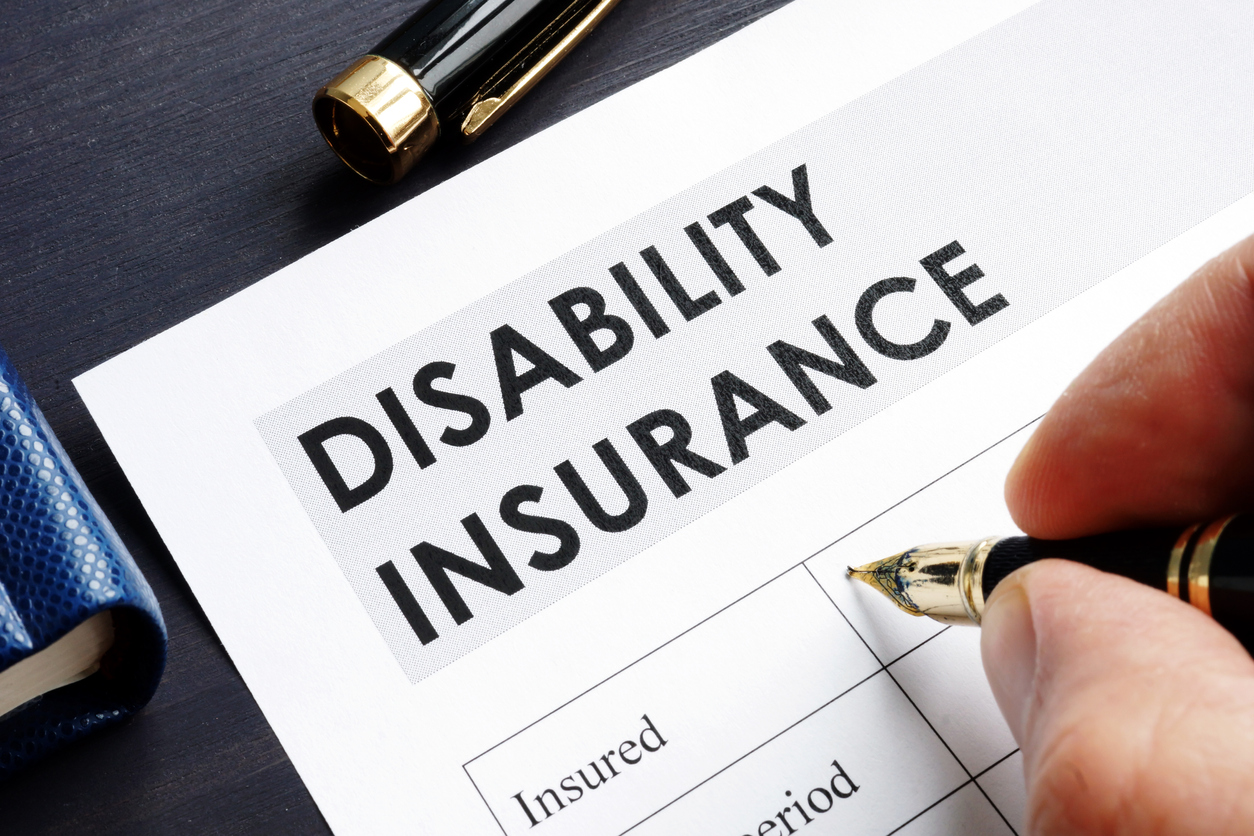Investing in life insurance is a foundational part of estate planning, and when done right it’s a primary way to say “I love you” to your loved ones after you’re gone. However, when naming your policy’s beneficiaries, several mistakes can lead to potentially dire consequences for the people you’re investing to protect and support.
The following four mistakes are among the most common we see clients make when selecting life insurance beneficiaries. If you’ve made any of these errors, contact us immediately, so we can support you to change your beneficiary designations on your policy and ensure the proceeds provide the maximum benefit for those you love most.
01 – Failing To Name A Beneficiary
Although it would seem common sense, whether intentional or not, far too many people fail to name any beneficiary on their life insurance policies or inadvertently name their “estate” as beneficiary. Both of these errors will mean your insurance proceeds must go through the court process known as probate.
During probate, a judge will determine who gets your insurance death benefits. This process can tie the benefits up in court for months or even years, depending on who the beneficiaries of your estate are under the law. Moreover, probate opens up the proceeds to creditors, which can seriously deplete—or even totally wipe out—the funds.
To keep your insurance proceeds out of court, make certain you designate—at the very least— one primary adult beneficiary. In case your primary beneficiary dies before you, you should also name a contingent (alternate) beneficiary. Name more than one contingent beneficiary for maximum protection in case your primary and secondary choices die before you.
Ideally, we often recommend that the primary beneficiary of your life insurance is the Trustee of a well-considered and thoughtful Trust Agreement to provide maximum benefit and protection for your heirs.
02 – Forgetting To Update Beneficiaries
While failing to name any beneficiary is a huge mistake, not keeping your beneficiary designations up to date can be even worse. This is particularly true if you’re in a second (or more) marriage and fail to remove an ex-spouse as beneficiary, which can leave your current spouse with nothing when you die.
To prevent this, you should review your beneficiary designations annually as part of an overall review of your estate plan and immediately update your beneficiaries upon events like divorce, deaths, and births. When you’re our client, we have built-in systems to ensure your beneficiary designations (along with all other documents and decisions in your plan) are regularly reviewed and updated.
03 – Naming A Minor (Or Their Guardian) As Beneficiary
You’re technically permitted to name a minor child as a beneficiary of your life insurance, but it’s never a good idea. Minor children cannot receive insurance benefits until they reach the age of maturity—which can be as old as 21 in some states. In the event a minor is listed as beneficiary, the proceeds of your insurance will be distributed to a court-appointed custodian, who will manage the funds (often for a not insignificant fee) until the child reaches the age of maturity. At that point, all benefits are distributed to the beneficiary outright and unprotected.
This is true even if the minor has a living parent. A child’s living parent could petition to the court to be appointed custodian. Still, there’s no guarantee that a parent would be appointed custodian, especially if the parent cannot qualify or pay for a bond. In many cases, a court could deem a parent unsuitable (if they have poor credit, for example) and instead appoint a paid fiduciary to control the funds.
Rather than naming a minor as a beneficiary, you may think to name the person you have chosen as guardian of your child. But that’s not the right answer either. In that case, all insurance would pay outright to the named guardian and could be used in any way they choose, or even be at risk of being taken in a divorce or by a judgment creditor of the guardian.
Instead, the right answer is to set up a trust to receive the insurance proceeds and name a trustee to hold and distribute the funds to a minor child you would want to benefit from your insurance proceeds, when and how you determine, or even hold them protected for your beneficiary to control but safe from divorce and creditors if you choose.
04 – Naming An Individual With Special Needs As Beneficiary
Although a loved one with special needs is likely one of the first people you’d consider naming as beneficiary of your life insurance policy, doing so can have tragic consequences. Leaving insurance directly to someone with special needs could disqualify that individual from receiving much-needed government benefits.
Rather than naming someone with special needs as a beneficiary, you should create a “special needs trust” to receive the insurance proceeds. This way, the money won’t go directly to the beneficiary upon your death. Still, it would be managed by the trustee you name and dispersed according to the trust’s terms without affecting benefit eligibility.
The rules governing special needs trusts are complicated and vary greatly from state to state, so if you have a child with special needs, meet with us today to discuss your options. In the end, special needs planning involves much more than just life insurance—it’s about providing a lifetime of care and protection.
Eliminate Future Problems Now
While naming life insurance beneficiaries might seem simple, if you’re not careful, you can create major problems for the loved ones you’re doing your best to benefit. Meet with us today to ensure you’ve done everything properly.
We can also support you in planning tools like trusts—special needs or otherwise—to ensure your insurance proceeds provide the maximum benefit for your beneficiaries without negatively affecting them. Schedule a Family Wealth Planning Session to get started.
This article is a service of Brittany Cohen, Personal Family Lawyer. We don’t just draft documents; we ensure you make informed and empowered decisions about life and death, for yourself and the people you love. That’s why we offer a Family Wealth Planning Session, during which you’ll get more financially organized than you’ve ever been before and make all the best choices for the people you love. You can begin by calling our office today to schedule a Family Wealth Planning Session and mention this article to find out how to get this $750 session at no charge.
858-427-0539



